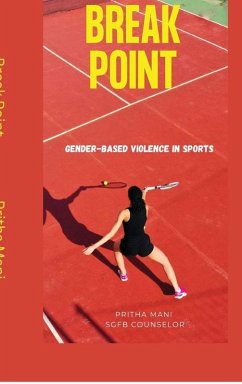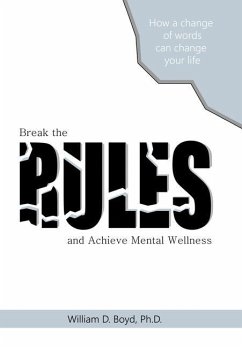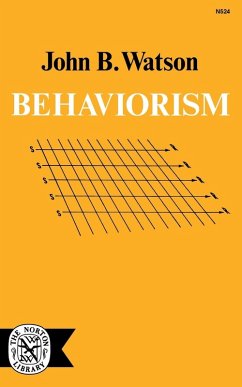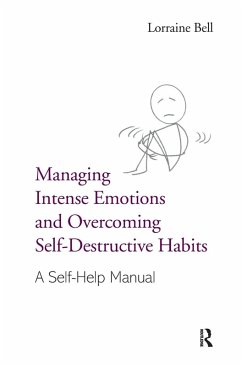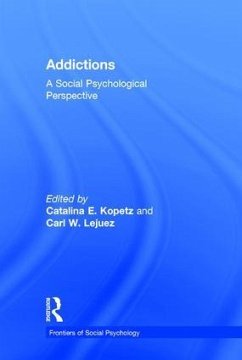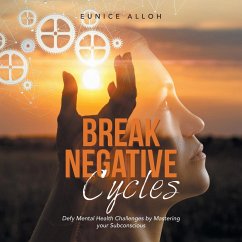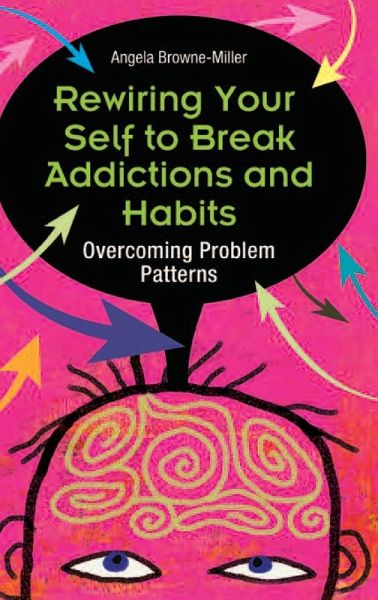
Rewiring Your Self to Break Addictions and Habits
Overcoming Problem Patterns

PAYBACK Punkte
26 °P sammeln!
Considering the many ways people seek emotional pleasure, relaxation or escape in self-harmful ways - from excessive alcohol use and drug abuse to smoking, overeating, compulsive gambling, out-of-control spending and even lesser behaviors like habitual nail-biting - there are few of us who do not have, or know someone close who has, an addiction or habit they wish they could break. The problem common to all, says author Browne-Miller, is that psychological reactions to events have motivated behaviors which, in turn, have created biochemical reactions in the brain that actually wires it for rep...
Considering the many ways people seek emotional pleasure, relaxation or escape in self-harmful ways - from excessive alcohol use and drug abuse to smoking, overeating, compulsive gambling, out-of-control spending and even lesser behaviors like habitual nail-biting - there are few of us who do not have, or know someone close who has, an addiction or habit they wish they could break. The problem common to all, says author Browne-Miller, is that psychological reactions to events have motivated behaviors which, in turn, have created biochemical reactions in the brain that actually wires it for repeating the habit or addiction. In this groundbreaking book, Browne-Miller explains simply and clearly how we can control our thoughts to rewire the brain and beat the pattern that spurs repeating harmful habits, and addictions.






